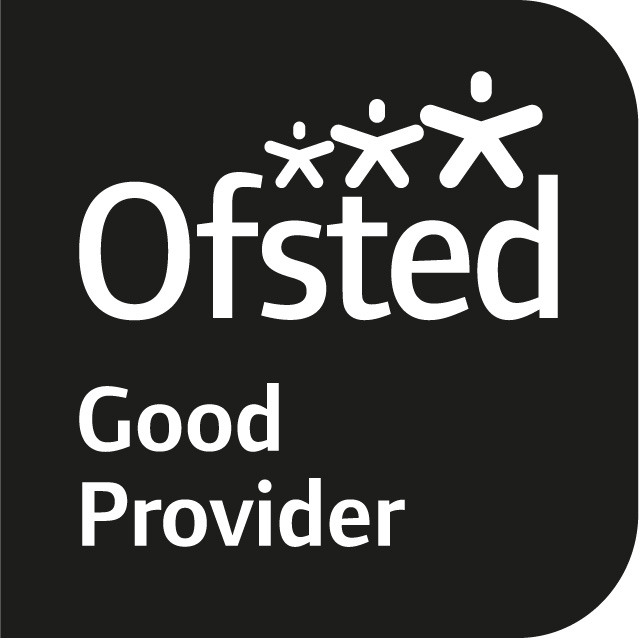
Course may be subject to change.
This early childhood studies foundation degree provides a challenging, broad-based, employability led curriculum relevant to the holistic needs of early years and education professionals.Gain a socio-ecological understanding of the interdisciplinary nature of early childhood, to enable you to comprehend and evaluate pedagogical approaches to professional early years practice.
Entry Criteria
- At least four GCSEs at grade 4/C or above, including maths and English (Science if progressing to teaching) or appropriate key skills or Functional Skills at Level 2.
- Relevant Level 3 qualification, T-Level or A-Levels
- Non-native English-speaking students need to have an English language ability to IELTS 6.0 or equivalent.
- Minimum of 32 UCAS points.
- Satisfactory enhanced disclosure and barring service (DBS) check in line with college policy.
- Two supportive references, which includes an academic reference.
- Specific to the full-time programme - a supportive letter or email from the host placement. Agreement to support you and provide a critical friend at the start of the programme. You are expected to source your choice of organisation, however, the programme team can direct you to appropriate organisations as required.
What are the next steps?
The interview will require you to complete a written assessment and formal interview. During the discussion you will: identify and explain prior experience, professional, personal, or voluntary work; explain your motivation for undertaking the course and areas of interest within the programme, evidence your perceived ability to cope academically and transition into higher education, and your key qualities and attributes to work in the sector in line with values-based recruitment; show evidence of qualifications obtained and a clear DBS.
Please bring the following with you: Copy of Academic certificates, employment/placement details within the early years/child care sector and confirmation for the setting to support your studies together with two satisfactory references. Please ensure that you understand the process of securing funding through student finance, details can be found at https://www.gov.uk/student-finance/loans-and-grants or through your employer.
On arrival please report to the NCD University Centre Reception where one of the team will greet you.
Study Aims
The aim of the Foundation Degree in Early Childhood Studies is to provide you with a contextualised programme of study facilitating a socio-ecological understanding of the interdisciplinary nature of early childhood. This will enable you to comprehend and evaluate pedagogical approaches to professional early years practice. Upon completion, the expectation is that you will understand what it means to be an advocate for young children’s rights and participation recognising that young children are active co-constructors in their own play and learning.
Modules Studied
Level 4
- Professional, Academic and Reflective Development
- Work Related Learning
- The Child in Society
- Social and Emotional Foundations for Learning
- Approaches to the Curriculum and Pedagogy
- Diversity and Inclusive Practice in Early Years.]]]Level 5[[[Professional, Academic and Reflective Development
- Safeguarding Children
- Atypical Development of Children
- Child Health and Wellbeing
- Study of a Contemporary Issue in Early Childhood.
Teaching and Assessment
You will take part in the following to develop your learning and understanding of early childhood:
- Lectures
- Workshops
- Guided study
- Work placement.]]]A wide range of assessment types have been included which encourage the development of different academic skills and attributes. These include:[[[Presentations (group and individual)
- Case studies
- Reflective journals
- Reports
- Portfolios.
Industry Links
This degree course provides a challenging, broad-based, employability led curriculum relevant to the holistic needs of early years and education professionals. It reflects the current and projected requirements of the local early years and primary sector in County Durham through collaboration of the programme lead with a number of local early years organisations.
Placement
Work experience is a crucial aspect of the degree course, to ensure you have opportunities to reflect on your knowledge and skills in the workplace. You will not be assessed during your work placement.
You can progress to BA (Hons) Early Childhood Studies (Top-up) degree at New College Durham. This programme is validated by the Open University. Below are the progression opportunities following the top-up degree:
- School-centered initial teacher training (SCITT)
- Early years initial teacher training (EYITT)
- Postgraduate Certificate in Education (PGCE)
- Professional Graduate Certificate in Education
- Master’s Degree in Childhood Studies (some Universities combine it with a PGCE).
- Post-compulsory qualification in education - Further Education.
- Alternative Master’s Degree’s – Occupational therapy, Speech and Language therapy, Counselling and Social Work.


